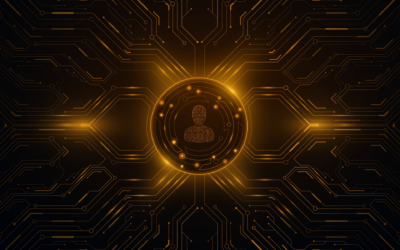Of interest to us, health conditions are defined differently by patients and doctors. One example that we have come across recently in our annotation data, is the description of the term ‘stroke’.
A stroke as we are all aware is a life-threatening event that happens as a result of blood supply being cut off to part of the brain (NHS). Patients often correlate this event with a symptom, whereas medical professionals tend to class it is a health condition.
The strangest part of all is that neither party is wrong – a ‘stroke’ can be classed as both a health condition and a symptom and appears in the ontologies for both (EMBL-EBI).
The intricacies of why patients and doctors class this “event” as different is hard to define. Because of this, we are interested in understanding the use and reasoning for doctors to define ‘stroke’ as a health condition and their thoughts at the time of diagnosis. Certainly, through our engagement, it seems as though patients regard ‘stroke’ as a symptom, a short term event with a lesser consideration of the underlying causes of the illness.
Why is it important to filter the patient voice out from others?
Though it would be interesting to understand exactly why these definitions differ, the most important thing is just to account for these differences in terminology. We believe that by separating out voices of patients, professionals and news outlets, that far more valuable digital insights can be collected. As a patient centric company, our goal is to raise the profile of the patient voice, however, we also understand the importance of collecting information from different groups of people so that we can analyse similarities, differences and cross-validate our findings.
What can an understanding of these differences in terminology help with?
In using knowledgeable annotators, reputable ontologies and medical dictionaries to assist with our text mining and natural language processing, we are able to collate tailored information that can help:
- Listening to patients more effectively: we can extract data based on terminology used by patients in their social media and frequently used search terms. This will enable us to collect the most fruitful information available, allowing us to better understand patient concerns and feelings.
- Improve educational content for patients: By understanding how patients speak and what they talk about, we are in a strong position to bolster educational content that will aid patients in diagnosing their symptoms earlier and help them manage their health accordingly.
- Faster and better diagnosis by healthcare professionals: This data evidence can also be used for a similar purpose to help healthcare professionals listen to patients more effectively, considering what the patient feels is their most “burdenous” symptom. This will ultimately lead to earlier diagnoses, better prognoses, and improved disease management.
As we continue to train our machine models on patient intelligence, working on our own patient confidence score that enables our customers to track, listen to and predict patient symptoms that link to specific medicines and therapy areas. If you have any questions about any of the work we are doing or are interested in hearing more please reach out!
Figure 1: An example of Named Entity Recognition for stroke.

References:
https://www.ebi.ac.uk/ols/search?q=stroke&ontology=symp
https://www.nhs.uk/conditions/stroke/
https://www.ebi.ac.uk/ols/search?q=stroke&ontology=doid




